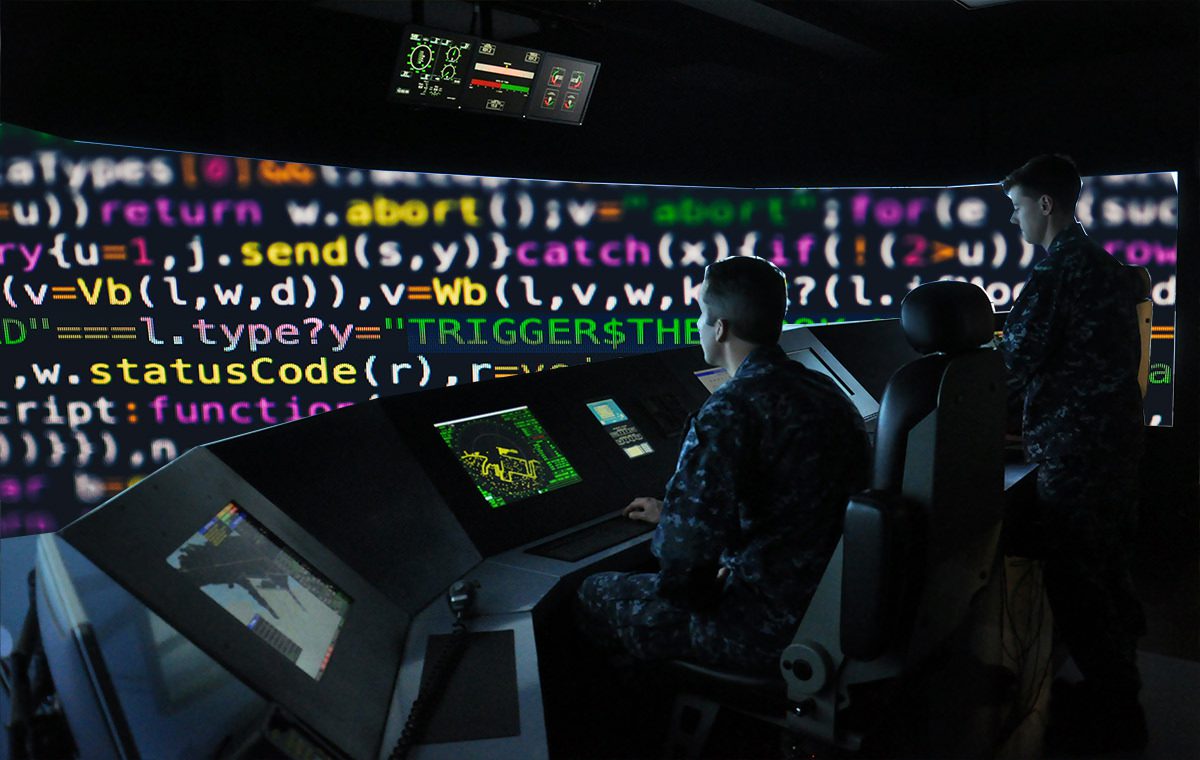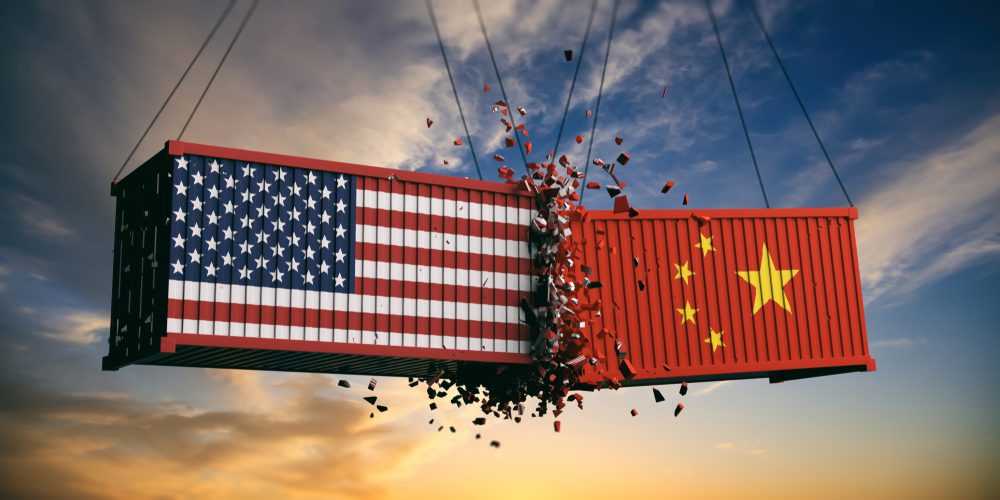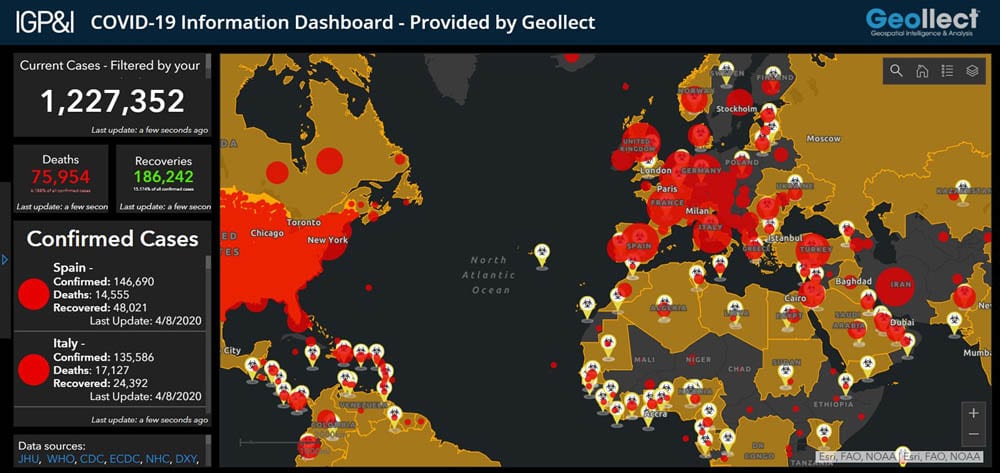
By Captain John Konrad (gCaptain) According to the World Bank, no other industry has pulled more people out of poverty worldwide. And if the world’s ships – responsible for moving $9 trillion of goods around the oceans every year – were to suddenly stop, billions of people would go hungry. Likewise, one new algorithm or design tweak that makes sea-bound vessels just a fraction of a percent faster will vastly reduce carbon emissions and change the cost of things throughout the world … yet the technology sector has largely avoided shipping.
The maritime industry has been notoriously slow to adopt new technology. Thousands of years of experience has convinced those who make their living at sea that if something fails, people die. It’s easier to keep things the way they are than to tinker with new ideas.
It’s not just old bulkers that are behind. Even the most advanced companies are failing to monitor and track vessels. The US Navy, for example, can’t effectively monitor its own ships. Naval Commanders didn’t even know the USS McCain was sinking until it got close enough to shore for a crew member to call the mayday in on his cell phone. Just last month, Princess Cruises acknowledged violating probation terms from a 2016 dumping case. According to filings with the Justice Department, operators of the 951-foot-long, 3,142-passenger ship Caribbean Princess dumped plastic into the ocean, falsified records, and dispatched cleanup teams ahead of inspectors to avoid environmental violations.
When, where, and how will technology disrupt our industry? This weekend the Boston Globe editor Rachel Slade asked gCaptain to answer these questions in a featured article that appeared on the cover of yesterday’s paper. Click HERE to read the article in full.
Editorial Standards · Corrections · About gCaptain

 Join The Club
Join The Club












